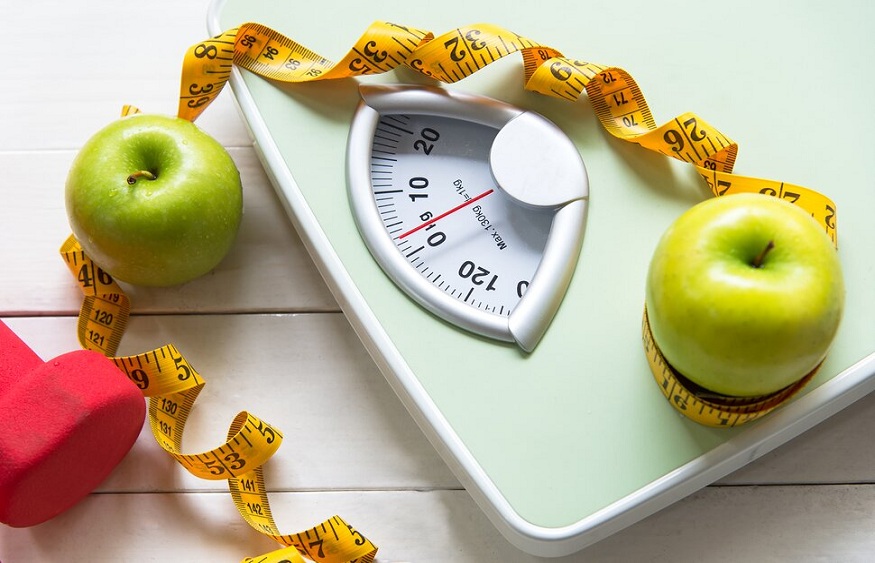The low-calorie diet, this diet that is talked about all over the world, known for weight loss and recommended in certain special cases. Yes but… His notoriety also leads to false ideas about him, it is sometimes difficult to disentangle the true from the false. In this article, we take stock of the basics of this diet, how to apply it and the mistakes to avoid.
What is the low-calorie diet?
A low-calorie diet is a diet aimed at weight loss. In dietetics, weight loss begins when energy intake is lower than required, this is the principle of a calorie deficit.
However, when you want to lose weight, you shouldn’t simply rely on calorie restriction.
Too much restriction will cause you to lose weight quickly, but will have significant consequences on your health in the medium and long term: fatigue, irritability, nutritional deficiencies, muscle wasting, yo-yo effect, slowing down of metabolism, eating disorders, etc.
How to follow a low-calorie diet?
A low-calorie diet involves reducing caloric intake and/or increasing energy expenditure.
In practice, the ideal is not to eliminate any food or food category, in order to continue to eat varied and balanced to provide all the nutrients necessary for the proper functioning of the body.
By simply reducing the quantities of certain foods, you are already starting a calorie deficit.
For example, if your daily energy needs are around 2200 kcal, a low-calorie diet of 2000 kcal is possible. It is not necessary to drastically reduce the total calories!
Low-calorie diet: for whom?
The low-calorie diet is indicated for people suffering from overweight or obesity. The goal of the diet is then therapeutic. It is in fact about losing weight in order to preserve your health. Overweight and obesity are predisposing factors to numerous disorders: cardiovascular, diabetes, respiratory, etc. Weight loss and an improvement in overall lifestyle are important levers for prevention.
A low-calorie diet can also be implemented for people wishing to lose weight for aesthetic purposes, for athletes requiring a certain physique/weight in their respective discipline, etc. A calorie deficit is then put in place, always with optimal distribution of nutrients.
. Indeed, depending on your age, your size, your medical history, your lifestyle habits, your pace, your physical activity, etc. The data on the low-calorie diet may vary. Nutritional monitoring is also important to avoid nutritional deficiencies, muscle wasting, fatigue, etc.
People who are fragile and likely to develop eating disorders (TCA) should consult a health professional to receive support in setting up and applying a low-calorie diet, while preventing the appearance of eating disorders.
Contraindications of the low-calorie diet
The low-calorie diet is not recommended for pregnant women because nutritional needs are specific and increase during pregnancy. It is also not recommended for people over 70 because it can promote malnutrition, muscle wasting and loss of bone density.
In the case of certain eating disorders, this diet should not be implemented because the health of the person and a better relationship with food are the priorities.
The calorie deficit is too great
A diet that is too low in calories can quickly become harmful to your health, which is why the body will not respond to the desire to lose weight. This restriction also risks raising the level of stress in the body, preventing weight loss, risking promoting weight gain!
There is no miracle diet for weight loss and diet alone is usually not enough.
Weight loss will be largely promoted thanks to regular and appropriate physical and sporting activity. Physical activity in general should be increased, even if you don’t have much time to devote to sport, here are some tips:
”. Thus, when resuming a traditional diet, even if it is balanced, the body will be willing to make energy reserves. These reserves will be noted on the scale with an increasing weight.
Any reduction or increase in food intake must be gradual so as not to shock the body and allow it to slowly get used to the new habits.
After a low-calorie diet, the diet must remain varied and balanced. In order to stabilize your weight, you must both maintain your good habits (sport, physical activity, restful sleep, reduce stress, etc.), while gradually increasing the quantities of your food intake.
And why not… drop the scale? Besides, it doesn’t represent you! Rely on the size of your clothes, your reflection in the mirror and your measurements and your morale, these criteria are much more relevant than a simple number.

